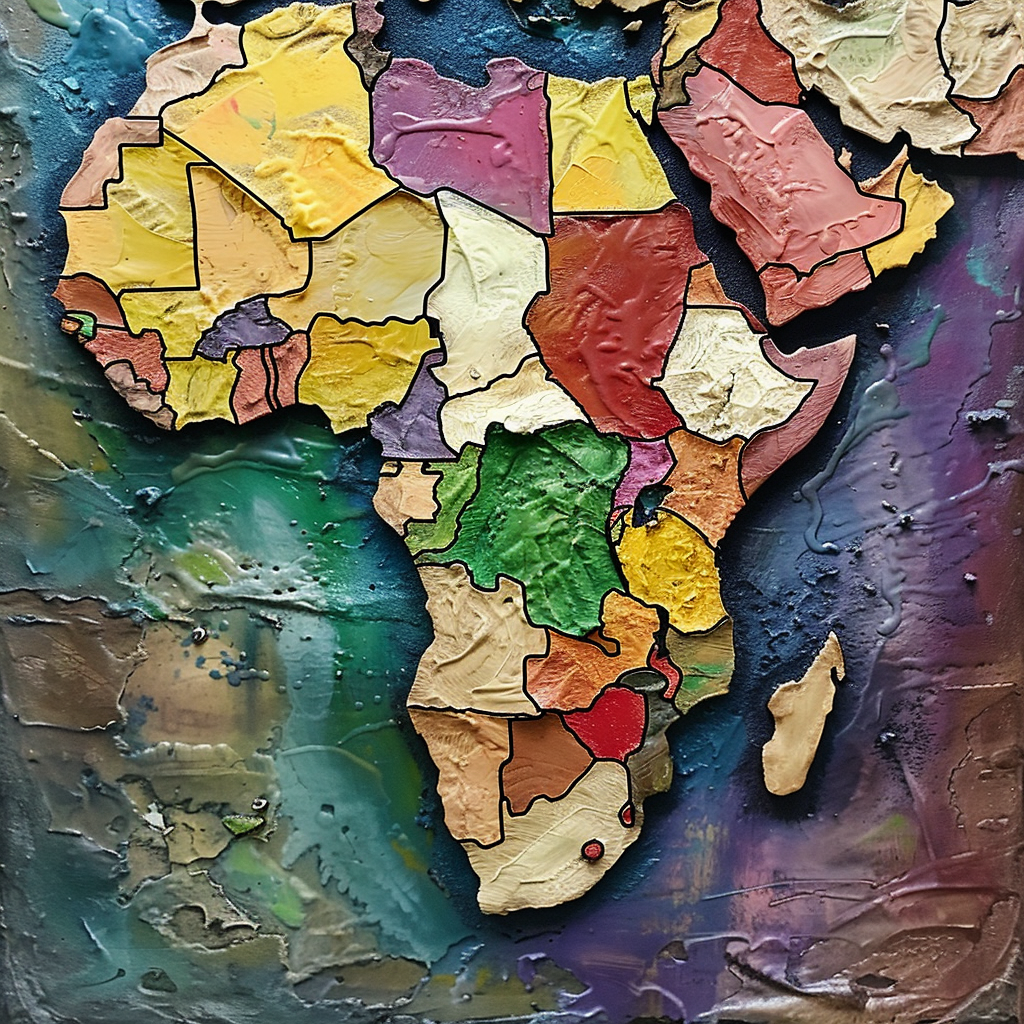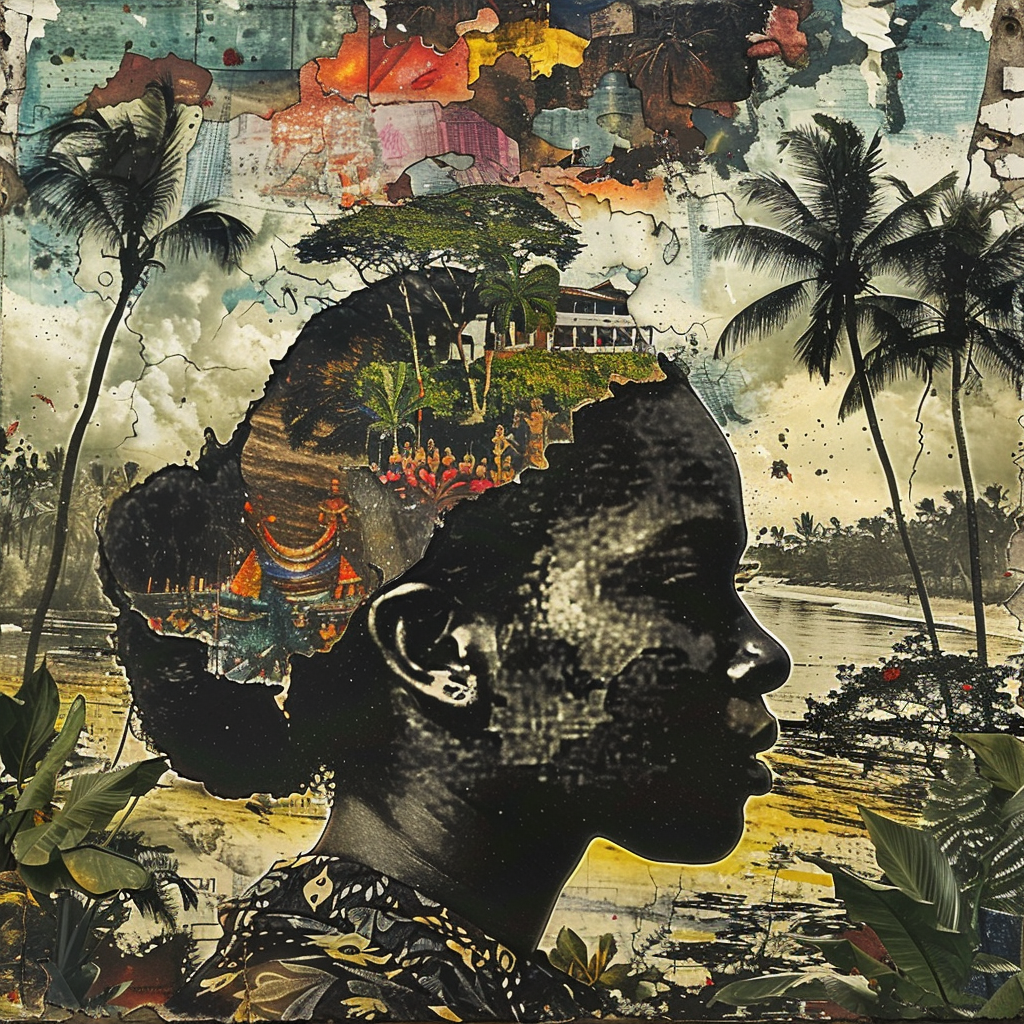Hey there, history enthusiasts! Today, we’re diving into a period known as “The Scramble for Africa,” and trust me, it’s a wild ride through the late 19th and early 20th centuries. Get ready to uncover the gripping tale of European colonization and the frenzied partitioning of a continent.
The Backstory
Okay, let’s set the stage. It’s the late 1800s, and Europe is in the midst of an industrial revolution. They’re hungry for resources, markets, and, well, more power. And where do they look? Africa, of course – a land teeming with untapped wealth and potential.
The Players
Enter the European powers: Britain, France, Germany, Belgium, Italy, Portugal – they’re all itching to get a piece of the African pie. They’re not just interested in trade; they want territory, and they want it fast.
The Race is On
And so begins the scramble. It’s like a giant game of Risk, with European powers jockeying for position, signing treaties, and carving up Africa like a Thanksgiving turkey. Lines are drawn on maps, borders are established, and entire peoples find themselves under foreign rule almost overnight.
The Consequences
But here’s the thing – the scramble wasn’t just about lines on a map. It had real, devastating consequences for the people of Africa. Indigenous cultures were disrupted, economies were exploited, and millions of lives were forever changed by the brutality of colonial rule.
Resistance and Resilience
Yet, despite the odds, African peoples fought back. From the mighty Zulu warriors of South Africa to the brave warriors of Ethiopia, they resisted colonization with courage and determination, preserving their cultures and laying the groundwork for future struggles for independence.
Legacy and Lessons Learned
Today, the scars of the scramble still linger, but so does the spirit of resistance and resilience. It’s a reminder that even in the darkest of times, the human spirit endures – and that the fight for justice and freedom is never truly over.
So, the next time you hear about “The Scramble for Africa,” remember the stories of courage, resistance, and resilience that define this tumultuous period in history. It’s a story that’s still being written today, as Africa continues to forge its own path towards a brighter future.
Related Articles
- Contemporary African Politics and Conflicts
- Post-Colonial Challenges
- Apartheid in South Africa
- African Independence Movements
- Civil Rights Movement in the United States
- The Harlem Renaissance
- World War I and African Soldiers
- The Scramble for Africa
- The Haitian Revolution
- Abolitionism and the Fight Against Slavery



